|
Getting your Trinity Audio player ready...
|
IMO & UAE Hazardous Cargo Rules 2025: Key Points for Dubai Shippers
In 2025, the International Maritime Organization (IMO) regulations and the national regulations of the United Arab Emirates (UAE) regarding the transportation of hazardous cargo have undergone significant changes that every shipper and logistics company operating in Dubai must know.
If your cargo originates from or is destined for Dubai, ignoring these rules can lead to delays, fines, or even the rejection of your shipment.
In this article, Anil Darya Shipping, a company specializing in dangerous goods transport, provides a comprehensive guide to help you understand the latest regulations and carry out your sea, air, bulk, or break bulk shipments safely and legally.
IMO 2025 — Key Developments
1. Hong Kong Convention for the Safe Recycling of Ships
Effective June 26, 2025, this convention requires ships with a gross tonnage of 500 GT or more to maintain an Inventory of Hazardous Materials (IHM).
This list is mandatory in the following cases:
- New ships:Before delivery or entry into service
- Existing ships:Before recycling or no later than June 26, 2030
2. Updated IMO Guidelines for IHM Development
In 2023, the MEPC.379(80) guidelines were adopted. In 2025, the adoption of MEPC.405(83) lowered certain thresholds for substances such as Cybutryne in anti-fouling systems, reducing limits from 1,000 mg/kg to 200 mg/kg.
3. New IMDG Code – Amendment 42-24
The 2024 edition of the IMDG Code introduces major changes that become mandatory on January 1, 2026, but may be applied voluntarily starting in 2025.
Key highlights include:
-Updates and additions of UN Numbers for emerging substances such as lithium batteries and new electronic devices.
-Revisions to packaging and labeling instructions for certain goods and stricter documentation requirements.
-New measures for flammable materials, gases, substances reacting with water, and segregation of incompatible goods.
UAE National Regulations, Especially for Dubai
For shippers whose origin or destination is Dubai, several local laws complement—or even tighten—international requirements:
-Dubai Code of Practice for the Management of Dangerous Goods issued by Dubai Municipality sets out responsibilities and requirements for packaging, labeling, inland transport, air and sea transport, road movement, and storage.
-Regulations for handling, storage, and packaging require that all packaging comply with international standards (IMDG and IATA), display proper hazard labels and placards, and be accompanied by precise documentation such as MSDS/SDS and shipping papers for air and sea transport.
-Local rules for dangerous goods are enforced by Dubai Municipality, port and airport authorities, and Dubai Customs. Proper translation of documents into English and Arabic and verification of shipper licensing are also essential.
Practical Steps for Shippers in Dubai
To ensure your hazardous cargo moves without issues, follow these recommendations:


1-Accurate Cargo Classification
Determine the exact hazard class of your goods—explosives, gases, flammable liquids, toxic substances, radioactive materials, corrosives, and so on. Use the correct UN Number and Proper Shipping Name.
2-Compliant Packaging and Labeling
Packaging must be UN-certified, sufficiently robust, and labeled in accordance with IMDG (sea) or IATA DGR (air) requirements, including hazard signs and placards.
3-Preparation of Required Documents
Include MSDS/SDS, a Dangerous Goods Declaration, all air or sea shipping documents, translations into required languages, and permits or certificates from relevant UAE authorities. Any deficiencies may result in shipment rejection or delays.
4-IHM Preparation for Ships (if applicable)
If you own or operate a vessel, or if your shipment is carried by ship, you must comply with the Hong Kong Convention and maintain an up-to-date Inventory of Hazardous Materials.
5-Staff Training and Expert Logistics Partner
Personnel must be trained in hazardous goods handling. Partnering with an experienced freight forwarder such as Anil Darya Shipping ensures full compliance for dangerous goods transported by sea, air, bulk, or break bulk.
Impact of the New Regulations on Different Transport Modes
Sea Freight: The new IMDG Code (Amendment 42-24) enforces updated packaging, UN lists, labeling, and segregation requirements from the outset. Vessels requiring an IHM must comply under the Hong Kong Convention.
Air Freight: The IATA Dangerous Goods Regulations (DGR) are updated annually and aligned with UAE law. Every hazardous cargo shipped by air must meet these standards.
Bulk and Break Bulk: Moving large volumes requires strict adherence to packaging/container/tanker standards, appropriate routing, segregation of incompatible goods, and specialized bulk transport permits.
Benefits of Compliance vs. Risks of Ignoring the Rules
Compliance with the new IMO and UAE regulations ensures:
- Reduced risk of customs delays, cargo detention, or shipment rejection
- Avoidance of heavy fines and legal liabilities
- Greater safety for personnel, the environment, and the community
- Improved company reputation and customer trust
Ignoring these requirements may result in:
- Cargo refusal at ports or airports
- Rejection due to incomplete documentation or improper packaging
- Increased shipping costs, severe delays, or even financial and environmental damages
If you plan to ship hazardous cargo to or from Dubai, Anil Darya international L.L.C-FZ is ready to provide complete specialized services for sea, air, bulk, and break bulk transportation, fully compliant with the latest IMO 2025 regulations and UAE Hazardous Cargo Rules.
Hazardous Cargo Compliance Checklist 2025
The ultimate checklist for ensuring compliance with IMO 2025 and UAE regulations for hazardous cargo in Dubai:
Anil Darya Shipping can manage all these steps—from classification to insurance and final delivery—to ensure your cargo enters or leaves Dubai without delays or penalties.
Frequently Asked Questions (FAQ)
IMDG Code Amendment 42-24 is mandatory from January 1, 2026, but voluntary implementation begins in 2025. The Hong Kong Convention takes effect on June 26, 2025.
IHM applies to ships, not individual cargo. However, if your goods are carried on large vessels, the ship owner or operator must provide an IHM.
MSDS/SDS, a Dangerous Goods Declaration, Dubai Municipality permits, UN-approved packaging certificates, and official translations in English and Arabic.
Yes. Dubai Municipality and UAE Customs may require additional permits and more detailed inspections.
Depending on hazard class and route, costs are typically 20–50% higher, especially for chemicals and lithium batteries.
Yes. Air transport follows IATA DGR, updated annually, with stricter limits on weight and packaging types.
Shipments may be detained, returned, or even destroyed, and heavy fines can be imposed.
Yes, but special equipment and permits are required. Anil Darya Shipping has full expertise in this area.
Through the IMO website, maritime newsletters, or by working with specialist companies such as Anil Darya Shipping.
Yes. Our experts offer free advice on documentation review, route selection, and cost estimation.
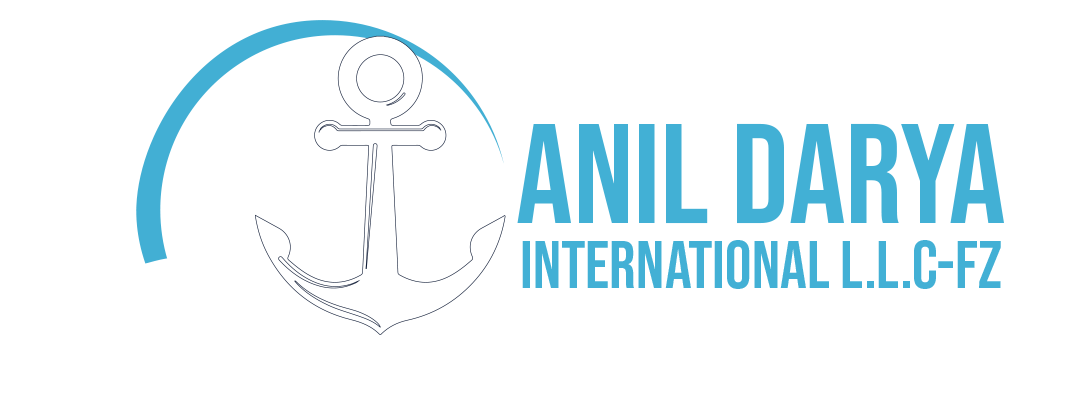
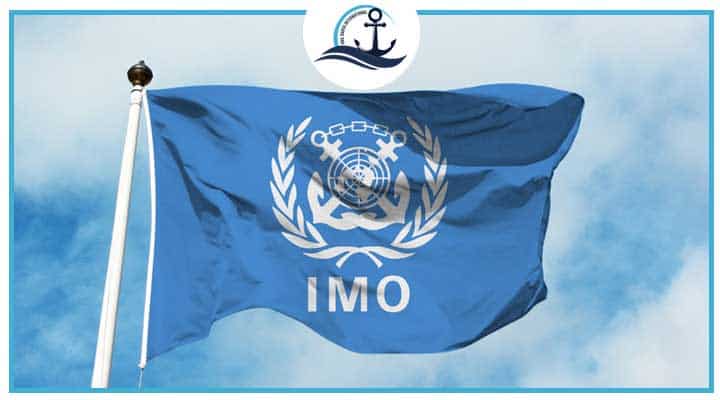
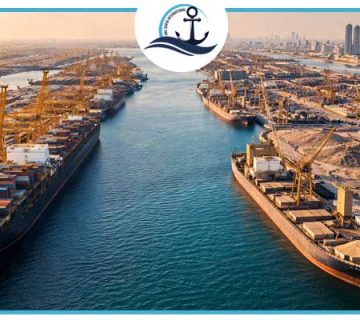
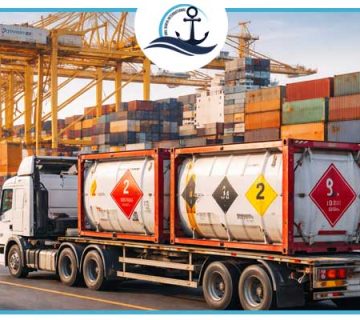
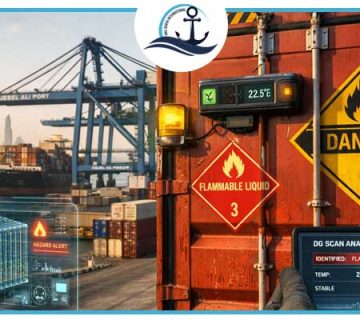
No comment